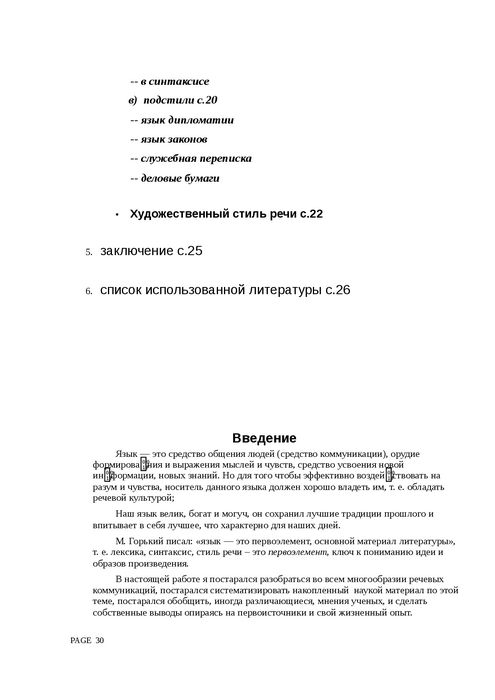Delovoj Russkij Yazik Testi
Contents • • • • • • • Levels [ ] Levels of the Test of Russian as a Foreign Language are matched to. The TORFL test consists of 6 different levels: • Elementary Level (TEL / A1) — Successful performance at the Test at Elementary Level represents a standard of initial competence in Russian which demonstrates a candidate can satisfy their elementary communicative needs in a limited number of everyday situations. The certificate of Elementary Level proves the competences of candidate for further language learning and achievement of Basic Level of Russian language proficiency. • Basic Level (TBL / A2) — Successful performance at the Test at Basic Level represents a standard competence in Russian which demonstrates a candidate can satisfy their basic communicative needs in a limited number of situations in everyday and cultural spheres. This level stands for the minimum level required to obtain Russian citizenship. At the same time this level is not sufficient for studying in the Russian educational institutions, except for preparatory faculties (programs or courses) for foreigners.
• The First Certification Level (TORFL-I / B1) — Successful performance at the First Level Certificate indicates an intermediate level of language competence, which demonstrates a candidate can satisfy their main communicative needs in everyday, cultural, educational and professional spheres in line with the State Standard of Competence in Russian as a Foreign Language. In addition, the First Level Certificate allows its holder to apply to a Russian university. • The Second Level Certificate (TORFL-II / B2) — Successful performance at the Second Level Certificate indicates a high level of competence in Russian which demonstrates a candidate can satisfy their communicative needs in a wide range of situations in cultural, educational and professional spheres. It allows its holder to receive bachelor's, master's and PhD degrees from Russian universities, excluding certain philology-related subjects.
This level also allows one to carry out professional activities in the Russian language in the related subject areas: humanitarian sciences (except for philology), engineering, natural sciences, etc. • The Third Level Certificate (TORFL-III / C1) — Successful performance at the Third Level Certificate indicates that the candidate has a high level of language command in all communicative contexts, which allows them to conduct professional activity in Russian in areas such as Linguistics, Translation, Editing, Journalism, International Relations and Management.


Bot na igru 11x11. Balancing the requirements of business confidentiality, data privacy,. Speakers and my knowledge of the Russian language, my application will be of in. Technology-related meeting stress causes serious problems throughout the workplace, from lowered productivity to lost business and even missed promotions.
Files for Download •. The criteria for the selection of earthing systems has changed. Electrical installations are evolving, electronics are everywhere, thus leading us to look afresh at earthing systems used in LV and indeed even to predict an evolution which should bring the TN-S and TT systems closer together.  We advise those not very familiar with earthing systems standardised by IEC 364 to first read 'Cahier Technique' no. Description: Following an historical review of the origins of Earthing Systems, this 'Cahier Technique' goes on to provide information on the practices in some countries concerning medium voltage, HV/LV substations, in particular in LV public, industrial and tertiary distribution.
We advise those not very familiar with earthing systems standardised by IEC 364 to first read 'Cahier Technique' no. Description: Following an historical review of the origins of Earthing Systems, this 'Cahier Technique' goes on to provide information on the practices in some countries concerning medium voltage, HV/LV substations, in particular in LV public, industrial and tertiary distribution.
• The Fourth Level Certificate (TORFL-IV / C2) — Successful performance at the Fourth Level Certificate indicates Proficiency in Russian and the candidate's language competence close to a native Russian-speaker. It also enables its holder to receive a Master of Arts degree in philology, undertake all forms of work in Russian philology. Conducts testing in accordance with the and Test Content [ ] The Test of Russian as a Foreign Language comprises 5 parts examining language competences: writing, vocabulary/grammar, reading, listening and speaking. Usually the exam is held over a period of 2 days. On the first day candidates take the 'Writing', 'Vocabulary/Grammar' and “Reading' parts, on the second day – 'Listening' and 'Speaking' parts.
The TORFL test assesses foreign citizens' skills to express various communicative intentions in the writing form using correct words and phrases, to understand different types of written information in Russian, to comprehend information in Russian given aurally, to participate in dialogues and to produce the monologue according to the proposed subject. The question papers for the TORFL test are compiled by the experts of each educational organization authorized to run the Test, e.g. Question papers are compiled by Herzen University experts, question papers are compiled by MSU experts and so on. Procedure of issuing certificates [ ] After successfully passing a test, a foreign citizen receives the TORFL certificate confirming the person's level of language competence in Russian as a foreign language. The form and procedure of issuing the TORFL certificates are determined. This Order states that the 10 days is the maximum period for issuing a certificate, but the testing organizations seek to do this faster.